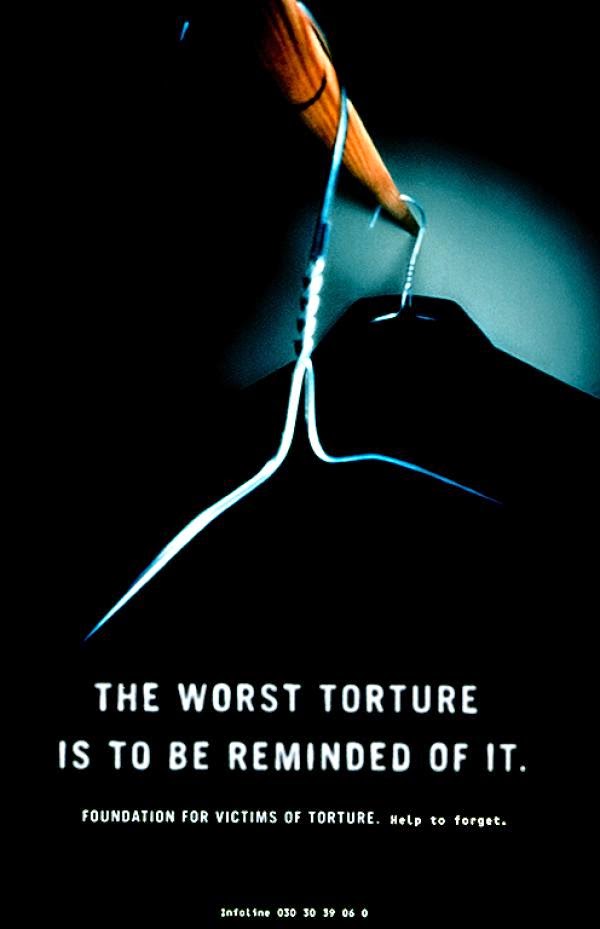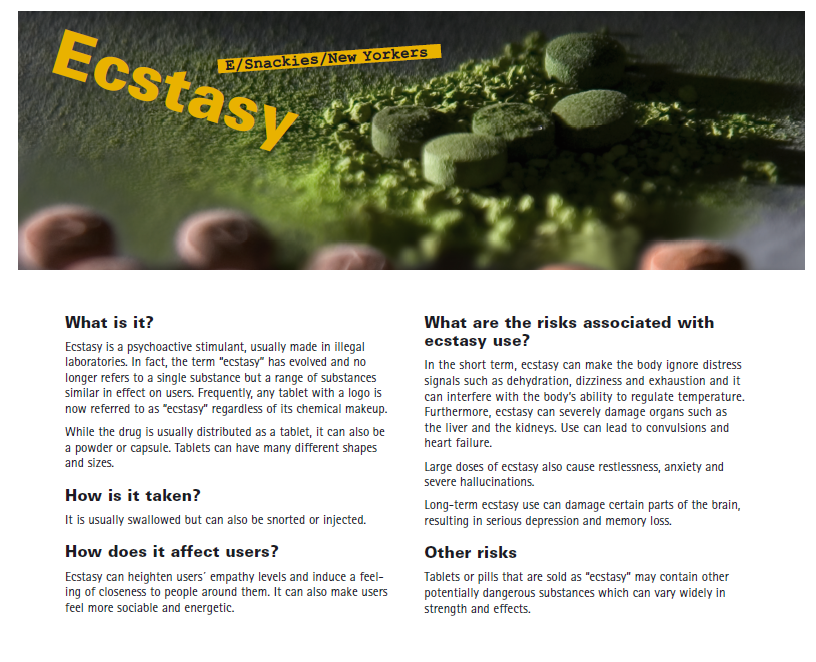International Day in Support of Victims of Torture, 26 June.
Día Internacional de las Naciones Unidas en Apoyo de las Víctimas de la Tortura, 26 de junio.
Международный день в поддержку жертв пыток, 26 июня.
Journée internationale pour le soutien aux victimes de la torture, 26 juin.
支持酷刑受害者国际日,6月26日.
اليوم الدولي لمساندة ضحايا التعذيب
Secretary-General's Message on the International Day in Support of Victims of Torture, 26 June 2014.
Ratification of the Convention against Torture and other cruel, Inhuman or Degrating treatment or Punishment, January 2013.
Status of ratification of the Convention against Torture and Other Cruel, Inhuman or Degrading Treatment or Punishment
Join the forum : International Day in Support of Victims of Torture, June 26th.
United Nations Voluntary Fund For Victims of Torture, List of grantees 2014, 38th session of the Board of Trustee
Voluntary contributions are made mainly by Member States of the United Nations. Private foundations and individuals contribute as well currently, to a symbolic extent (less than 1%).
In line with UN Rules and Regulations Programme support costs, i.e. overheads, are kept at a minimum, and do not exceed 13% on a yearly basis. Such costs include staffing and equipment.
In 2010, the UN Torture Fund received approximately US$9.4 million in contributions from 25 donors (including 23 Member States) a decrease of 13.8 per cent compared to 2009, when 31 donors supported its activities.
In 2011 the UN Torture Fund faced an additional shortfall to continue to meet requests from grantees at the 2010 level, as contributions were limited to US$7.9 million, which compelled the Board to decide on strategic cuts to grantees.
For 2012, additional cuts had to be applied to all projects. Namely, a decrease of 40 per cent applied to grants awarded to ongoing projects located in Western European and Others Group (WEOG) countries, while the level of support to projects located in other regions was reduced by 30 per cent. With a view to mitigating the effects of the cuts on small-grass roots organizations, in particular those located in remote regions where access to alternative funding is difficult, no strategic cut was applied to grants of US$20,000 or below.
For 2013, at its thirty-sixth session the Board was compelled to maintain the strategic cuts to grants introduced in 2012 in addition to those already introduced for the 2011 cycle, which had decreased by 40 per cent grants awarded to projects located in States of the group of Western European and
other States and by 30 per cent grants awarded to projects located in other regions.
For 2014, due to a further decrease in contributions received, the Board was compelled to introduce measures to absorb the funding shortage. Cuts were introduced in a proportional manner, using among others criteria such as the grantee’s dependency to the Fund and the longevity of support from the Fund to the grantee.
It is to be noted that, as a rule, the maximum support to all grantees was capped at US$80,000 instead of the usual US$200,000. In addition, funding for training and seminars for professionals assisting victims was capped at US$5,000, instead of the usual US$30,000. As it was already the case in 2011, support for direct assistance to new grantees was capped at a maximum of US$20,000 instead of the usual US$50,000.
The need for states to continue to contribute to this crucial humanitarian Fund was recalled by the marking the International day in Support of Victims of Torture.
The historical evolution of contributions to the UN Torture Fund since its creation is charted below.
Día Internacional de las Naciones Unidas en Apoyo de las Víctimas de la Tortura, 26 de junio.
Международный день в поддержку жертв пыток, 26 июня.
Journée internationale pour le soutien aux victimes de la torture, 26 juin.
支持酷刑受害者国际日,6月26日.
اليوم الدولي لمساندة ضحايا التعذيب
Secretary-General's Message on the International Day in Support of Victims of Torture, 26 June 2014.
Every day, mental and physical torture and ill-treatment are intentionally inflicted on women, men, children in all regions of the world at the instigation of public officials – the very people whose job it is to enforce the rule of law, protect human rights and keep people safe.
The prohibition of torture is absolute. The Convention against Torture states unequivocally that the use of torture is illegal under any circumstances, including armed conflict, the fight against terrorism, political instability or other emergency conditions. All 155 States that have ratified this treaty have committed to fight impunity by thoroughly investigating and prosecuting violations and bringing perpetrators, no matter their level of office, to justice. They have also accepted the obligation to provide redress to the victims and their families.
Regrettably, the right of victims of torture to effective remedies, including rehabilitation, is yet to become a reality, in particular in the context of armed conflicts and large-scale humanitarian crisis.
The Voluntary Fund for Victims of Torture is a practical tool of the United Nations to extend prompt assistance to victims of torture and their families. Today, along the borders with Syria, the Fund is supporting projects providing vital services to victims of torture fleeing violence and persecution. Essential psycho-social assistance is being delivered to help victims of all age groups recover and regain their dignity. I thank the States and private donors that are supporting the Fund's efforts, and urge even more to join in this work.
I urge States that have not yet done so to ratify the Convention against Torture, which this year marks 30 years since its adoption. As we honour the victims on this International Day, let us pledge to strengthen our efforts to eradicate this heinous practice.
Ban Ki-moon
Ratification of the Convention against Torture and other cruel, Inhuman or Degrating treatment or Punishment, January 2013.
Status of ratification of the Convention against Torture and Other Cruel, Inhuman or Degrading Treatment or Punishment
Join the forum : International Day in Support of Victims of Torture, June 26th.
United Nations Voluntary Fund For Victims of Torture, List of grantees 2014, 38th session of the Board of Trustee
The UN Torture Fund does not receive contributions from the UN Regular Budget or the Office of the High Commissioner for Human Rights.
Voluntary contributions are made mainly by Member States of the United Nations. Private foundations and individuals contribute as well currently, to a symbolic extent (less than 1%).
In line with UN Rules and Regulations Programme support costs, i.e. overheads, are kept at a minimum, and do not exceed 13% on a yearly basis. Such costs include staffing and equipment.
In 2010, the UN Torture Fund received approximately US$9.4 million in contributions from 25 donors (including 23 Member States) a decrease of 13.8 per cent compared to 2009, when 31 donors supported its activities.
In 2011 the UN Torture Fund faced an additional shortfall to continue to meet requests from grantees at the 2010 level, as contributions were limited to US$7.9 million, which compelled the Board to decide on strategic cuts to grantees.
For 2012, additional cuts had to be applied to all projects. Namely, a decrease of 40 per cent applied to grants awarded to ongoing projects located in Western European and Others Group (WEOG) countries, while the level of support to projects located in other regions was reduced by 30 per cent. With a view to mitigating the effects of the cuts on small-grass roots organizations, in particular those located in remote regions where access to alternative funding is difficult, no strategic cut was applied to grants of US$20,000 or below.
For 2013, at its thirty-sixth session the Board was compelled to maintain the strategic cuts to grants introduced in 2012 in addition to those already introduced for the 2011 cycle, which had decreased by 40 per cent grants awarded to projects located in States of the group of Western European and
other States and by 30 per cent grants awarded to projects located in other regions.
For 2014, due to a further decrease in contributions received, the Board was compelled to introduce measures to absorb the funding shortage. Cuts were introduced in a proportional manner, using among others criteria such as the grantee’s dependency to the Fund and the longevity of support from the Fund to the grantee.
It is to be noted that, as a rule, the maximum support to all grantees was capped at US$80,000 instead of the usual US$200,000. In addition, funding for training and seminars for professionals assisting victims was capped at US$5,000, instead of the usual US$30,000. As it was already the case in 2011, support for direct assistance to new grantees was capped at a maximum of US$20,000 instead of the usual US$50,000.
The need for states to continue to contribute to this crucial humanitarian Fund was recalled by the marking the International day in Support of Victims of Torture.
The historical evolution of contributions to the UN Torture Fund since its creation is charted below.









.png)

.png)







+-Seafarers+brought+me...+%23Thankyouseafarers.png)
+-Seafarers+brought+me...+%23Thankyouseafarers.png)
+-Seafarers+brought+me...+%23Thankyouseafarers.png)





.jpg)



 MEDIA COVERAGE
MEDIA COVERAGE



